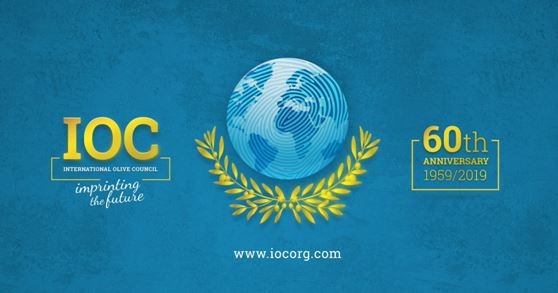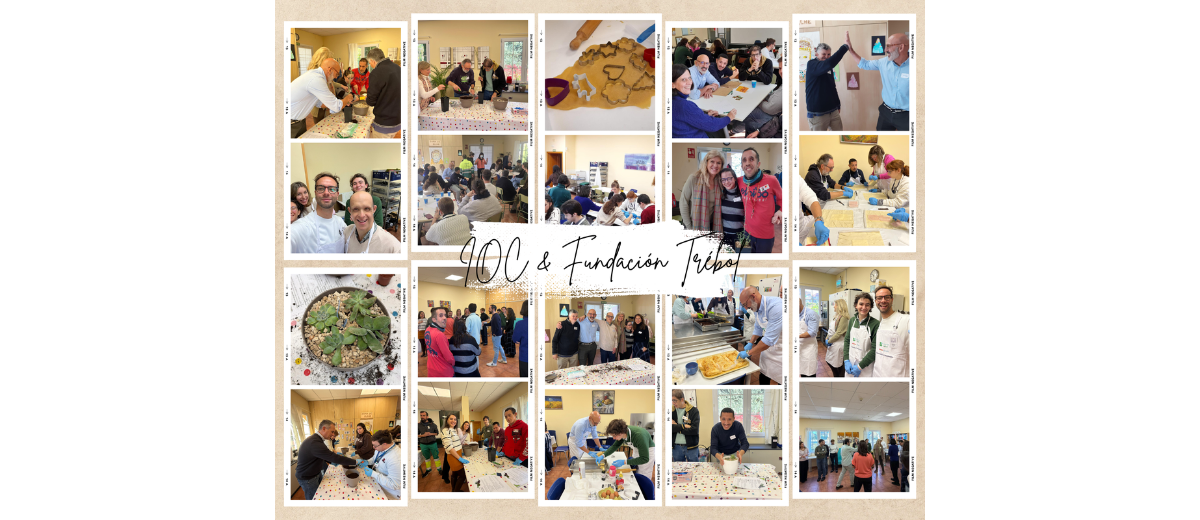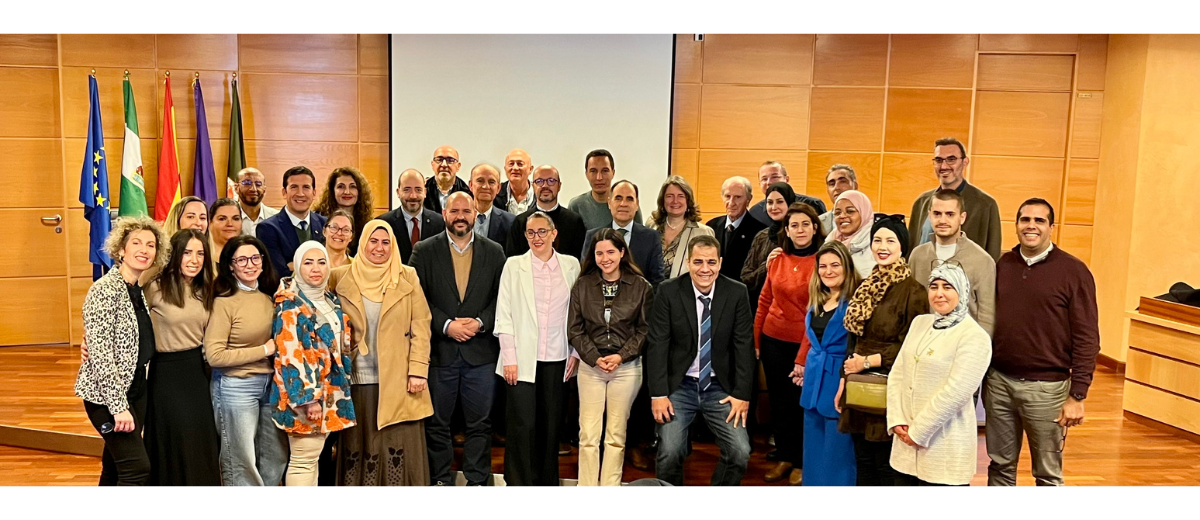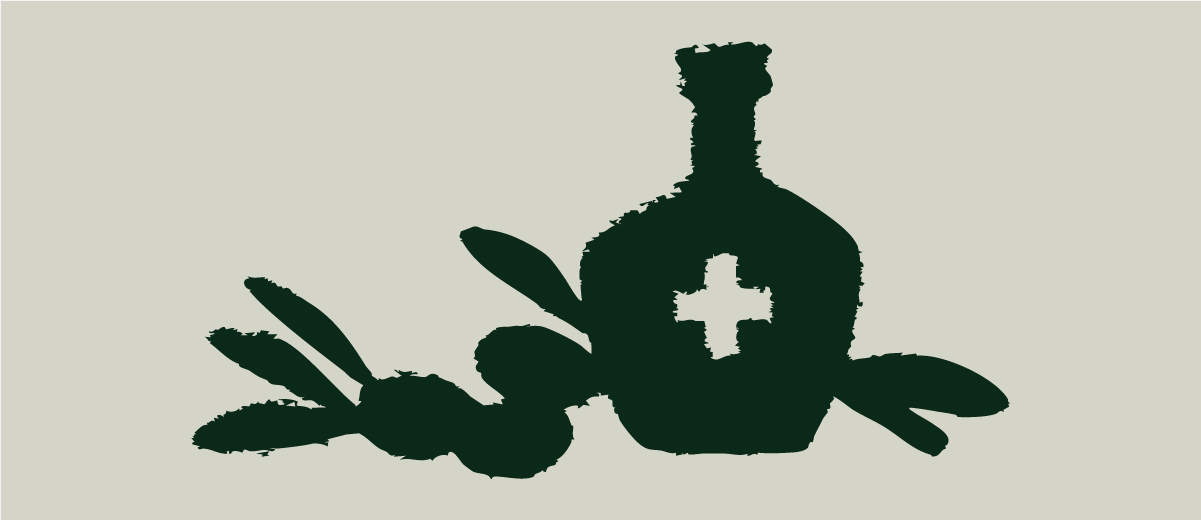The International Olive Council is the forum for every individual at all levels of the olive sector. Its activities aim to improve the quality of olive products by modernising olive growing and the industry in an environmentally friendly way, standardising and expanding trade, developing consumption through promotional campaigns based on the results of scientific research and also by spreading IOC standards and the various distinct categories.
Since its creation, the IOC has worked to identify analytical criteria for detecting fraud and the quality of olive oils and olive-pomace oils. The limits of each of these analytical criteria for the designations and corresponding analytical methods are subject to consensus by the members of the IOC before being introduced to the standards. Trade standards applicable to olive oils, olive-pomace oils and table olives, which members undertake to apply in accordance with their respective legislation and to respect in international trade, concern the specifications of each of the designations for olive oils, olive-pomace oils and table olives.
Harmonising standards is essential to facilitating international trade, promoting fair trade practices, ensuring monitoring and protecting consumers both in terms of health and the conformity of products to their label. Agreements are drawn up with the World Trade Organisation to safeguard sanitary and phytosanitary measures and technical barriers to trade. The analytical methods mentioned in both the IOC trade standard and the Codex Alimentarius food standard are the same; the latter was adopted at the 42nd Codex Commission in July 2019 in Geneva, Switzerland. These are international methods that have been duly validated with margins of precision, adopted by the IOS, IUPAC, IOC and AOCS. The methods with reference COI/T.20 are available on the IOC website.
The IOC and Codex Alimentarius have always worked together to harmonise standards for trade and food. This goal materialised in June and July 2003 when the IOC adopted the revision of the trade standard and the Codex Alimentarius Commission adopted the revision of the food standard at its 26th session in Rome, Italy. As for table olives, the Codex standard was harmonised with the IOC standard that was revised in 2004 between June and July 2013, also in Rome.
Cooperation between these two bodies has also taken the form of studies and surveys organised by the Executive Secretariat in each of the olive oil producing countries of the world. The composition of olive oils produced in olive-growing areas shall be taken into account in order to set parameter limits.
The results of the study on fatty acids was presented to IOC members and the Codex Committee on Fats and Oils at the beginning of 2007.
In February 2011, after much discussion, an agreement was not reached and the limit for linolenic acid was not adopted by the Codex Committee. National limits are applied instead.
A three-part study on the composition of olive oils with non-standard parameters in producer countries began in 2009/2010 and is ongoing to this day. In February 2013, the Executive Secretariat, after prior adoption at the 100th session of the Council of Members in November 2012, presented a report on the conclusions of the the third year of the study to the Codex Committee on Fats and Oils. The decision tree for campesterol proposed by the IOC was adopted by the Codex Commission in July 2017.
A new study on fatty acids has been launched by the IOC and studies and bibliographic research into ethyl esters, PPPs and DAGs will be made available to the Codex Committee on Fats and Oils as part of the ongoing revision of the Codex standard.
To be continued. Next: the organoleptic assessment of virgin olive oil










